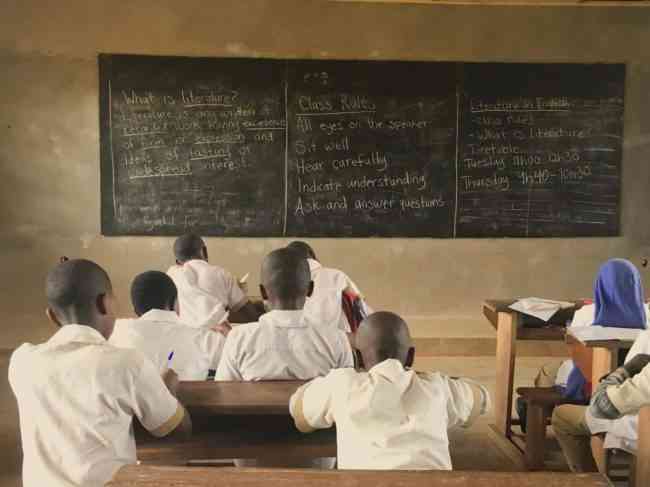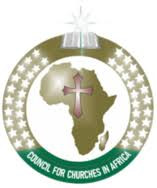BASED on reports from some media, it appears that significant events are occurring in Zimbabwe prior to the 44th Ordinary Session Southern Africa Development Community (Sadc) Summit of Heads of State and Government, scheduled for 17 August. Based on some of the events and what seems to be protests, there is a shared understanding that these events are vital platforms for conveying messages and concerns to leaders.
As they converge, people have a lot of issues they want their leaders to hear and take seriously as the heads of State and government prepare to gather in Harare. So, the question is whether this moment will be sufficient for dialogue between the people and their leaders. Whatever the situation, the people need to be heard by their leaders.
As they converge, there are several issues for the regional economic community to consider. First, it is vital to acknowledge that, other than the Democratic Republic of Congo and hostilities in some parts of Mozambique, southern Africa is one of the most peaceful and politically stable regions in Africa. That must be preserved.
While there have been several questionable elections in some countries, the regional bloc has made efforts to sustain peace even when in some instances those efforts came at the expense of the will of the people.
The region has also seen a smooth change of leadership and hand over of power in most countries except a few where leaders needed some force to step down. But overall, the political transitions have been relatively smooth and peaceful.
However, there remains a challenge in that the change of leadership and transfer of power has only happened within the liberation movements which remain the ruling parties in most countries. Most of this has happened because of excessive power on opposing voices. It is a culture that has slowed down development and democracy and one that is sowing seeds of conflict.
Keep Reading
- Sadc CSOs meet over accountability
- Sadc railways commemorate safety week
- CSO petitions Sadc over diaspora vote
- Anti-sanctions marches a gimmick: Zapu leader
There are lessons to be drawn from recent developments in Bangladesh. Its Prime Minister Sheikh Hasina resigned on August 5, 2024 and skipped the border after weeks of youth protests. Hundreds of lives were lost and thousands were injured as the youth pushed for the rescission of a policy which gave 30% of government jobs to relatives of former freedom fighters since 1971. They said the policy was unfair, archaic and privatised the concept of war veterans to a small group. It is only a matter of time before Generation Z takes to the streets to demand their seat on the table.
As they converge, perhaps it is time the leaders reflected on the ideas that inspired the establishment of Southern African Development Coordination Conference on April 1, 1980 in Lusaka, Zambia, under the theme: Towards Economic Liberation. This is so relevant as it chimes with this year’s theme, Promoting Innovation to unlock opportunities for sustained economic growth and development towards an industrialised Sadc.
There are several questions to be asked. What happened to the idea of economic liberation when economic policies over the past four decades have followed the direction of the wind. Countries are either looking east or west and never inside or regional. They are countries in the region, despite high unemployment rates, they still depend on imports for goods they can produce within their borders. Similarly, they are countries which import items from across the oceans, items which can be or are produced by a neighbouring country.
In 2022, the Sadc region imported goods worth US$245 billion primarily from China (US$48,4 billion), India (US$18,8 billion), United Arab Emirates (US$12,1 billion) and Germany (US$11,1 billion). Some of the imported goods could have been procured in the region or at least via industrialisation produced in the region. In the same year, Sadc exported US$302 billion worth of goods, the majority of which were minerals and raw materials. South Africa accounts for the largest share, having exported US$147 billion, which is equivalent to nearly all of the regional exports.
There is no harm in trading outside the region, but there is a problem if doing so is denying a neighbouring State access to trading opportunities thus not helping the regional economic growth agenda. Does the region need to import clothing from China if it can invest in industrialisation and farming and supply the region? Do we need to import chickens, from Brazil, if we can invest in our farmers to supply the region. Do we need to sell unrefined minerals and raw materials overseas, if we can invest in beneficiation?
Perhaps, one of the reasons the region has not been able to develop is because it assumed political independence and still does not have control over the economy. If that is the case, it means Sadc must be open to the people and adopt radical policy changes that allow it to be more productive for people and countries.
As they converge, let it not be just a show but something people will remember and cherish. The protests occurring pre-summit are just a sign of what is to come unless these issues are resolved. The generation of fear is fast stepping aside and Gen Z is stepping in. It lacks the sense of fear so soon it will be on the streets.
- Tapiwa Gomo is a development consultant based in Pretoria, South Africa. He writes here in his personal capacity.





